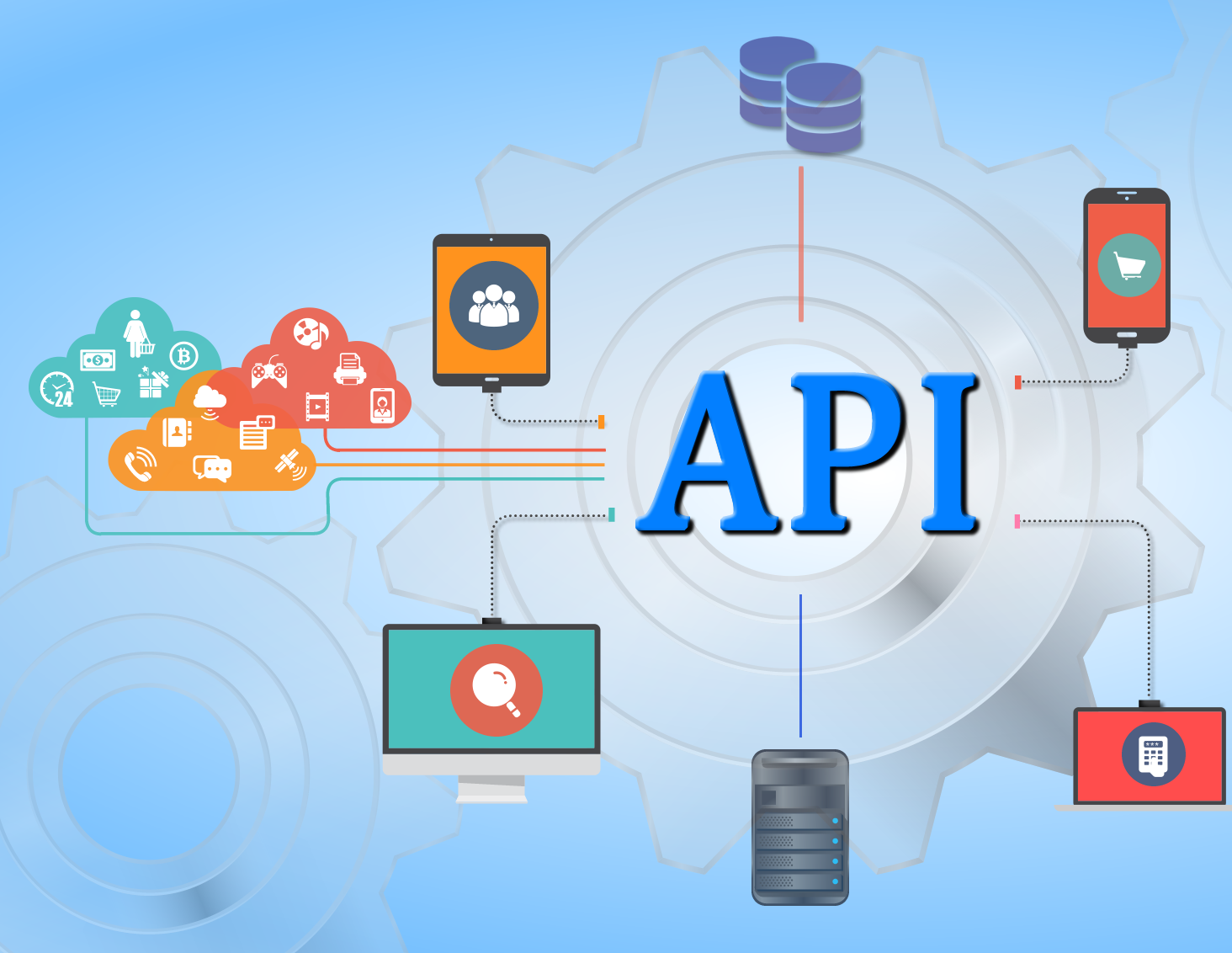In the digital age, understanding website rankings is crucial for businesses striving to maintain a competitive edge. Organizations constantly seek ways to enhance their online visibility and drive traffic to their sites. A powerful tool that can assist in achieving this goal is the application programming interface (API) for website rankings. By employing an API, businesses can access, analyze, and utilize critical data related to their website's performance across various search engines. As the landscape of digital marketing continues to evolve, the importance of real-time data cannot be overstated. The ability to track and improve website rankings through an API provides organizations with valuable insights that can inform strategic decisions.
Utilizing an API specifically designed for website rankings allows businesses to streamline their optimization efforts. It enables them to monitor their positions in search results, analyze competitors, and identify trends in keyword performance. Furthermore, integrating an API into existing systems can facilitate advanced analytics, leading to more targeted campaigns and improved ROI. This article delves into the intricacies of APIs for website rankings, exploring their benefits, how they work, and the best practices for implementation.
As we explore the topic of APIs for website rankings, we will answer common questions that arise in this domain. What exactly is an API, and how does it function in the context of website rankings? What are the benefits of using an API for tracking website performance? How can businesses implement these APIs effectively? Through this comprehensive guide, we aim to equip readers with the knowledge necessary to leverage API technology in their digital marketing endeavors.
What is an API for Website Rankings?
An API for website rankings is a set of protocols and tools that allow different software applications to communicate and share data regarding website performance. This type of API typically provides access to data such as search engine rankings, keyword performance, and competitor analysis. By utilizing an API, businesses can automate the process of gathering and analyzing this data, enabling them to make informed decisions about their online strategies.
How Does an API for Website Rankings Work?
The functionality of an API for website rankings involves several key components:
- Data Retrieval: The API retrieves data from various search engines and databases.
- Data Processing: The retrieved data is processed and organized into a format that is easy to understand and analyze.
- Data Presentation: The processed data is presented through dashboards or reports, allowing users to visualize their website's performance.
APIs communicate with external systems via HTTP requests. When a request is made to the API, it responds with the relevant data, which can then be utilized by the user's platform.
What Are the Benefits of Using an API for Website Rankings?
Integrating an API for website rankings can yield several benefits for businesses:
- Real-Time Data Access: APIs provide up-to-date information on website rankings, allowing businesses to adapt their strategies promptly.
- Automation: Automating data retrieval saves time and reduces manual effort, enabling teams to focus on analysis and strategy.
- Comprehensive Insights: APIs often aggregate data from multiple sources, providing a holistic view of website performance.
- Competitive Analysis: Businesses can monitor competitors' rankings, helping them identify opportunities and threats.
How to Choose the Right API for Website Rankings?
When selecting an API for website rankings, consider the following factors:
- Data Sources: Ensure the API pulls data from reputable and diverse sources.
- Customization: Look for APIs that allow customization to fit your specific needs.
- Ease of Use: Choose an API with user-friendly documentation and support.
- Pricing: Compare pricing models to find an API that fits your budget while offering essential features.
Are There Any Challenges in Using an API for Website Rankings?
While APIs offer numerous advantages, there are potential challenges to consider:
- Data Accuracy: The accuracy of the data retrieved may vary based on the API provider.
- Integration Issues: Integrating the API with existing systems may require technical expertise.
- Cost Factors: Some APIs may have associated costs that can add up depending on usage.
How Can Businesses Effectively Implement an API for Website Rankings?
To maximize the benefits of an API for website rankings, follow these implementation steps:
- Define Your Goals: Clearly outline what you wish to achieve through the API.
- Choose the Right API: Based on your requirements, select the most suitable API.
- Integrate and Test: Work on integrating the API with your existing systems and conduct tests to ensure functionality.
- Monitor and Adjust: Regularly review data and adjust your strategies based on the insights gained.
Conclusion: Harnessing the Power of API for Website Rankings
In conclusion, an API for website rankings can be a game-changer for businesses looking to enhance their online presence. By providing real-time data access, automation, and comprehensive insights, APIs empower organizations to make informed decisions and improve their digital marketing strategies. While there are challenges associated with API usage, the benefits far outweigh them. By carefully selecting and implementing the right API, businesses can unlock new opportunities for growth and success in the competitive online landscape.




